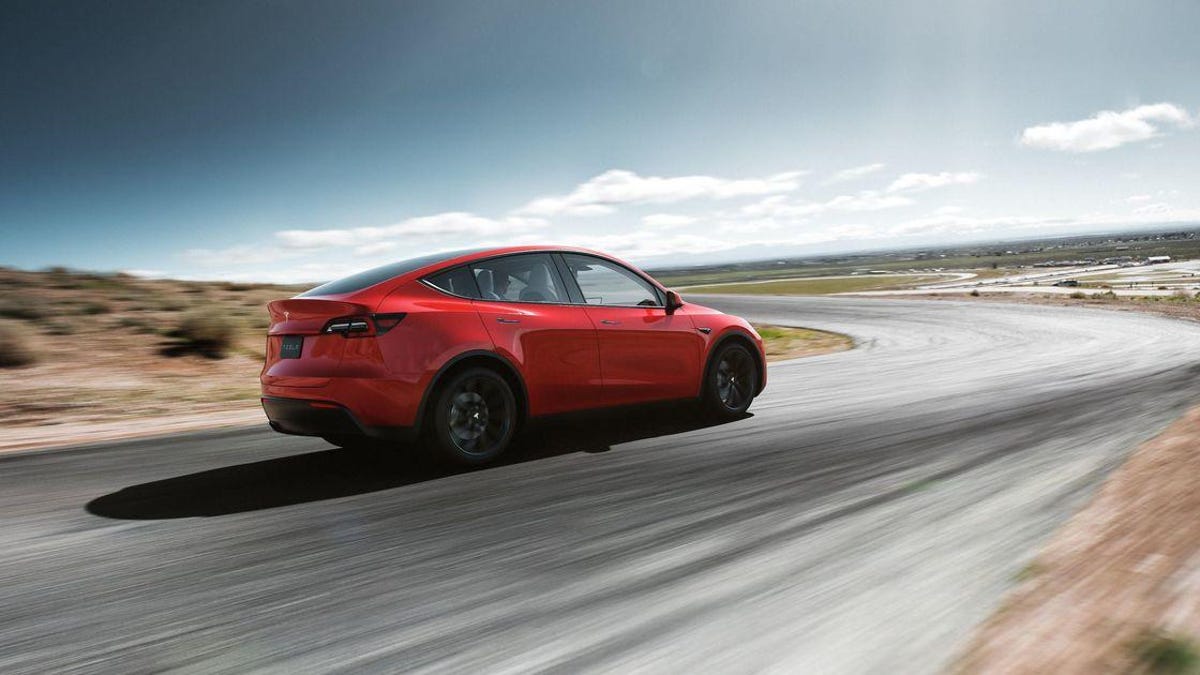Hello - first time poster with a M3LR on order (late Dec / early Jan delivery). with the possibility of a new EV federal tax credit, I'm trying to figure out how Tesla has historically handled these credits with leases. I know the "owner" of the vehicle is eligible for the lease --- so not the lessee (me, if I lease).
Would appreciate any insight and understand that past behavior is not always a predictor of the future
How has Tesla handled federal EV tax credits with leases?
Many thanks!
Would appreciate any insight and understand that past behavior is not always a predictor of the future
How has Tesla handled federal EV tax credits with leases?
Many thanks!



